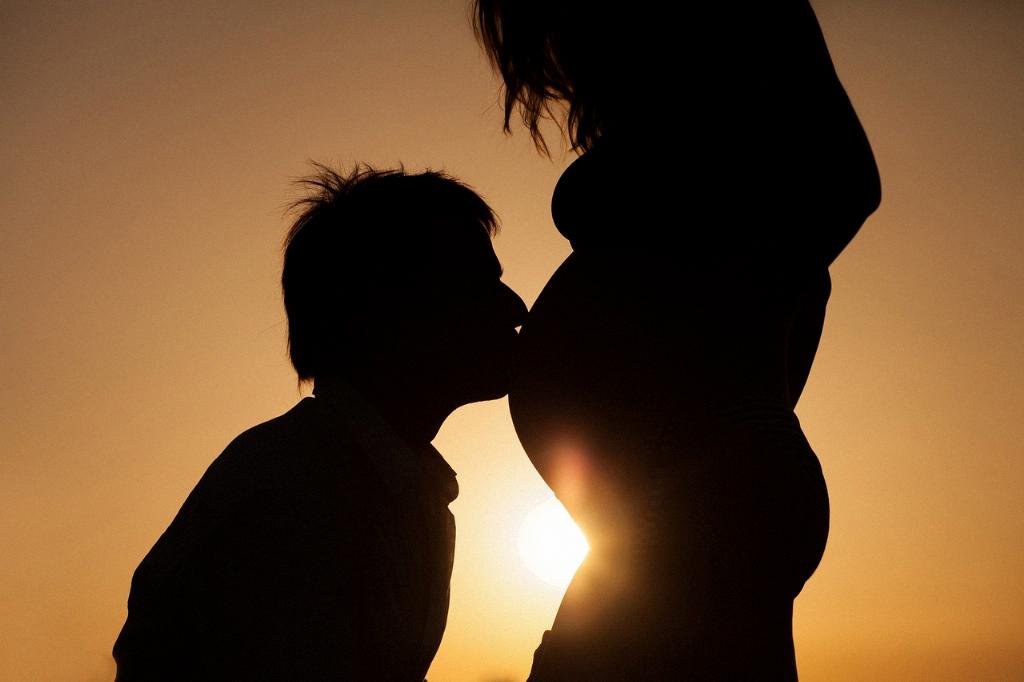Many people may wonder whether it is possible for a woman to have a baby after going through menopause. The natural process of menopause, which typically occurs between the ages of 45 and 55, marks the end of a woman’s reproductive years. However, with advancements in fertility treatments and assisted reproductive technologies, pregnancy after menopause is no longer an impossibility.
Medical Advancements and Options
Advancements in medical science have made it possible for women to conceive and carry a pregnancy even after menopause. One common method is through the use of donor eggs. By using donor eggs from a younger woman, a postmenopausal woman can still carry a pregnancy and give birth.
Risks and Considerations
Although it is possible for a woman to have a baby after menopause, there are certain risks and considerations to keep in mind. Pregnancy at an older age can be associated with a higher risk of complications such as gestational diabetes, high blood pressure, and pre-eclampsia.
Emotional and Social Factors
Becoming pregnant after menopause may also bring about emotional and social considerations. Some women may face societal judgment or personal concerns about parenting at an older age. It is important for individuals considering pregnancy after menopause to carefully weigh these factors.
Support and Decision-Making
Deciding to pursue pregnancy after menopause is a deeply personal choice. It is essential for individuals to seek support from healthcare providers, counsellors, and loved ones to navigate this decision-making process. Open communication and access to resources can be invaluable.
Legal and Ethical Aspects
There may be legal and ethical considerations surrounding pregnancy after menopause, particularly in relation to assisted reproductive technologies and donor conception. It is advisable to be well-informed about the laws and regulations in your jurisdiction.
Fertility Preservation
For individuals who are considering delaying parenthood until after menopause, fertility preservation techniques such as egg freezing may offer a viable option. By preserving their eggs at a younger age, individuals can increase their chances of conceiving later in life.
Expert Consultation
Consulting with a fertility specialist or reproductive endocrinologist can provide valuable insights into the options available for pregnancy after menopause. These experts can offer tailored advice based on individual circumstances and preferences.
Supportive Care
Receiving comprehensive prenatal care and support is crucial for women who are pregnant after menopause. Regular monitoring by healthcare professionals can help ensure the health and well-being of both the mother and the baby throughout the pregnancy journey.
Personal Stories and Experiences
Listening to personal stories and experiences of women who have had babies after menopause can provide valuable perspectives and insights. Each journey is unique, and hearing firsthand accounts can offer comfort and guidance to those considering a similar path.
Community and Networks
Connecting with support groups, online communities, and networks of individuals who have undergone similar experiences can be an empowering step for individuals seeking information and solidarity on the journey of pregnancy after menopause.
Conclusion
In conclusion, while the idea of having a baby after menopause may have once seemed far-fetched, advancements in fertility treatments and reproductive technologies have opened up new possibilities. With careful consideration, support, and guidance, individuals can explore the option of pregnancy after menopause in a thoughtful and informed manner.
Final Thoughts
Ultimately, the decision to pursue pregnancy after menopause is a deeply personal one that requires a balance of medical, emotional, and ethical considerations. By seeking information, support, and expert guidance, individuals can make empowered choices that align with their desires and circumstances.

